Diver's disease
Ηyperbaric Οxygen
Decompression Sickness
Definition
Decompression sickness (DCS) is a dangerous and occasionally lethal condition caused by nitrogen bubbles that form in the blood and other tissues of scuba divers who surface too quickly.
Causes and symptoms
The air we breathe is mostly a mixture of two gases, nitrogen (78%) and oxygen (21%). Unlike oxygen, nitrogen is abiologically inert gas, meaning that it is not metabolized (converted into other substances) by the body. For this reason, most of the nitrogen we inhale is expelled when we exhale, but some is dissolved into the blood and other tissues. During a dive, however, the lungs take in more nitrogen than usual. This happens because the surrounding waterpressure is greater than the air pressure at sea level. As the water pressure increases, so does the pressure of the nitrogen in the compressed air inhaled by the diver. Because increased pressurecauses an increase in gas density, the diver takes in more nitrogen with each breath than he or she would at sea level. Instead of being exhaled, however, the extra nitrogen safely dissolves into the tissues, where it remains until the diverbegins his or her return to the surface (under some circumstances the extra nitrogen can cause nitrogen narcosis, but that condition is distinct from DCS). On the way up, decompression occurs (in other words, the water pressure drops), and with the change in pressure, the extra nitrogen gradually diffuses out of the tissues and is delivered by the bloodstream to the lungs, which expel it from the body. If the diver surfaces too quickly, however, potentially dangerous; nitrogen bubbles can form in the tissues and cause DCS. These bubbles can compress nerves, obstruct arteries, veins, and lymphatic vessels, and trigger harmful chemical reactions in the blood.
The precise reasons for bubble formation remain unclear.
Τhe nitrogen bubbles that cause DCS can affect any of the body's tissues, including the blood, bones, nerves,and muscles, many kinds of symptoms are possible. Symptoms can appear minutes after a diver surfaces, and in about 80% of cases do so within eight hours. Pain is often the only symptom; this is sometimes called the bends, althoughmany people incorrectly use that termas a synonym for DCS itself. The pain, which ranges from mild to severe, isusually limited to the joints, but can be felt anywhere. Severe itching, skin, rashes and skin mottling are other possible symptoms.
Diagnosis
Diagnosis requires taking a medical history (questioning the patient about his or her health and recent activities) and conducting a physical examination.
Treatment
DCS is treated by giving the patient oxygen and placing him or her in a hyperbaric chamber, an enclosure in which the airpressure is first gradually increased and then gradually decreased. This shrinks the bubbles and allows the nitrogen tosafely diffuse out of the tissues. Hyperbaric chamber facilities exist throughout the United States. No matter how mildone's symptoms may appear, immediate transportation to a facility is essential. Treatment is necessary even if the symptoms clear up before the facility is reached, because bubbles may still be in the bloodstream and pose a threat. DAN maintains a list of facilities and a 24-hour hotline that can provide advice on handling DCS and other divingemergencies.
Prognosis
DCS sufferers who undergo chamber treatment within a few hours of symptom onset usually enjoy a full recovery. Iftreatment is delayed the consequences are less predictable, although many people have been helped even after severaldays have passed. A 1992 DAN report on diving accidents indicated that full recovery following chamber treatment wasimmediate for about 50% of divers. Some people, however, suffer numbness, tingling, or other symptoms that lastweeks, months, or even a lifetime. In the Okinawa study, six of the 94 patients experienced "long-lasting" symptomseven after repeated chamber treatments.
Prevention
The obvious way to minimize the risk of falling victim to DCS is to follow the rules on safe diving and air travel after adive. People who are obese, suffer from lung or heart problems, or are otherwise in poor health should not dive. And because the effect of nitrogen diffusion on the fetus remains unknown, diving while pregnant is not recommended.
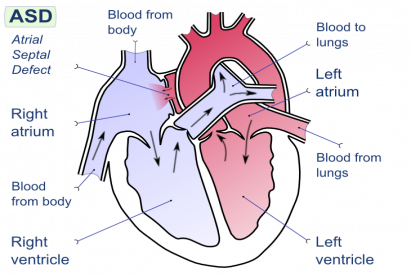
Compliance with regulations ... The only one you need for your safety!

 English
English
 Ελληνικά
Ελληνικά Русский
Русский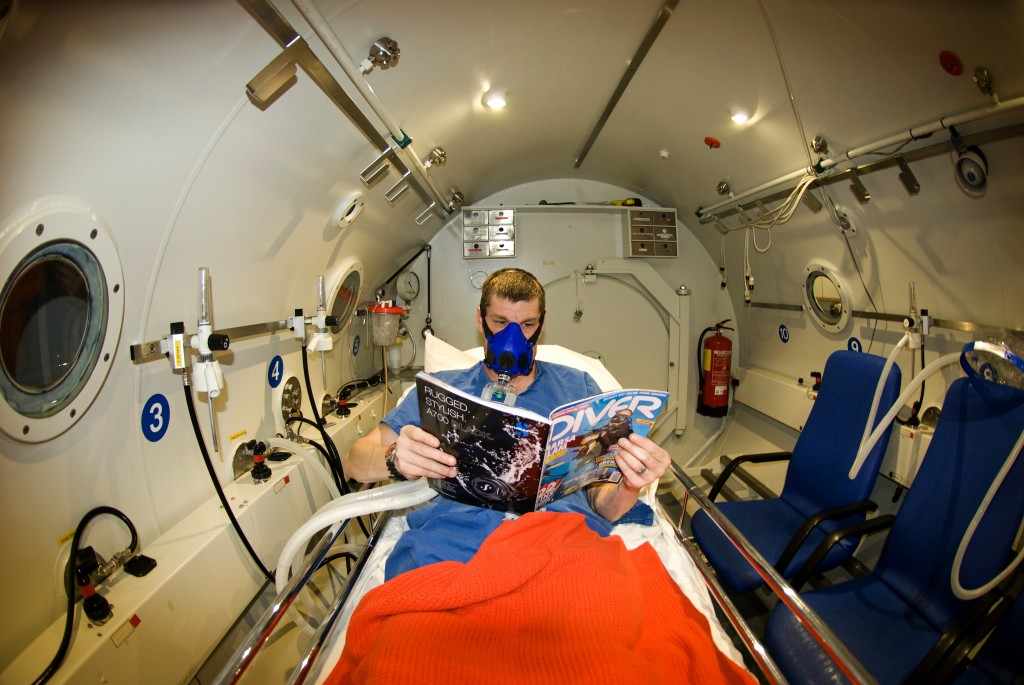
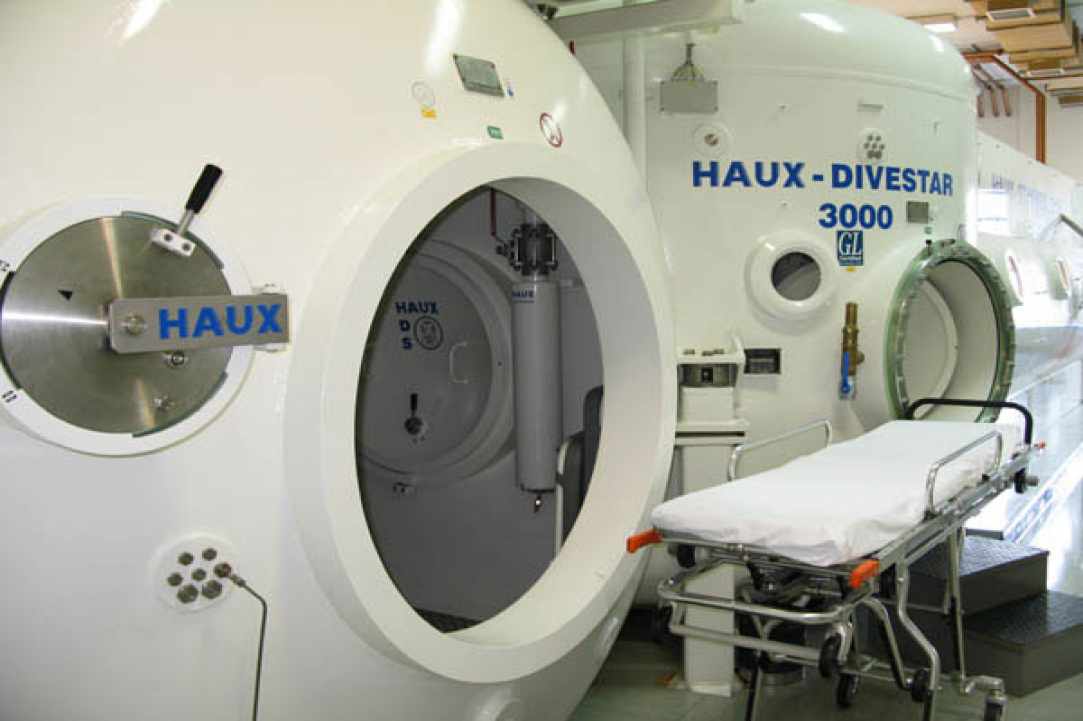
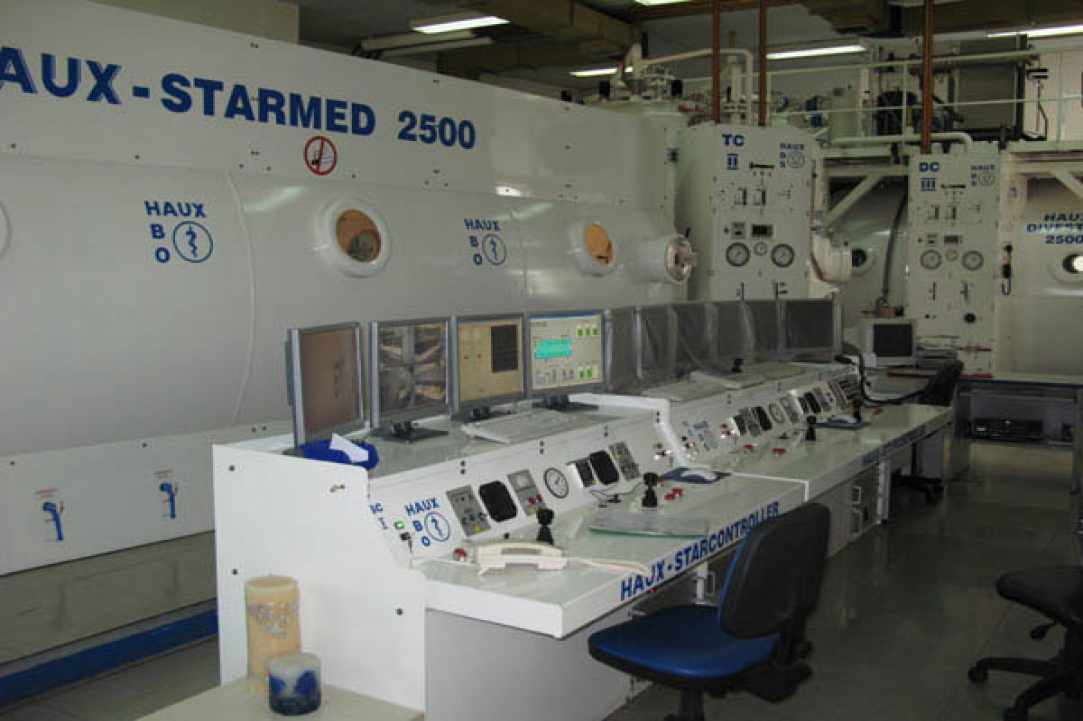

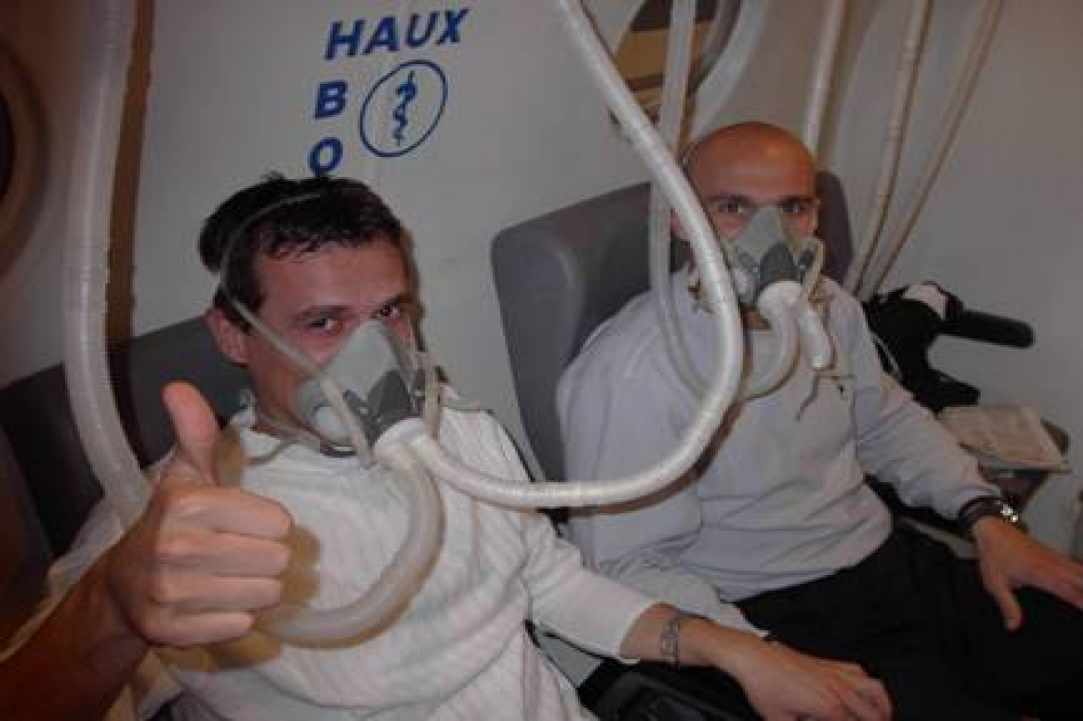
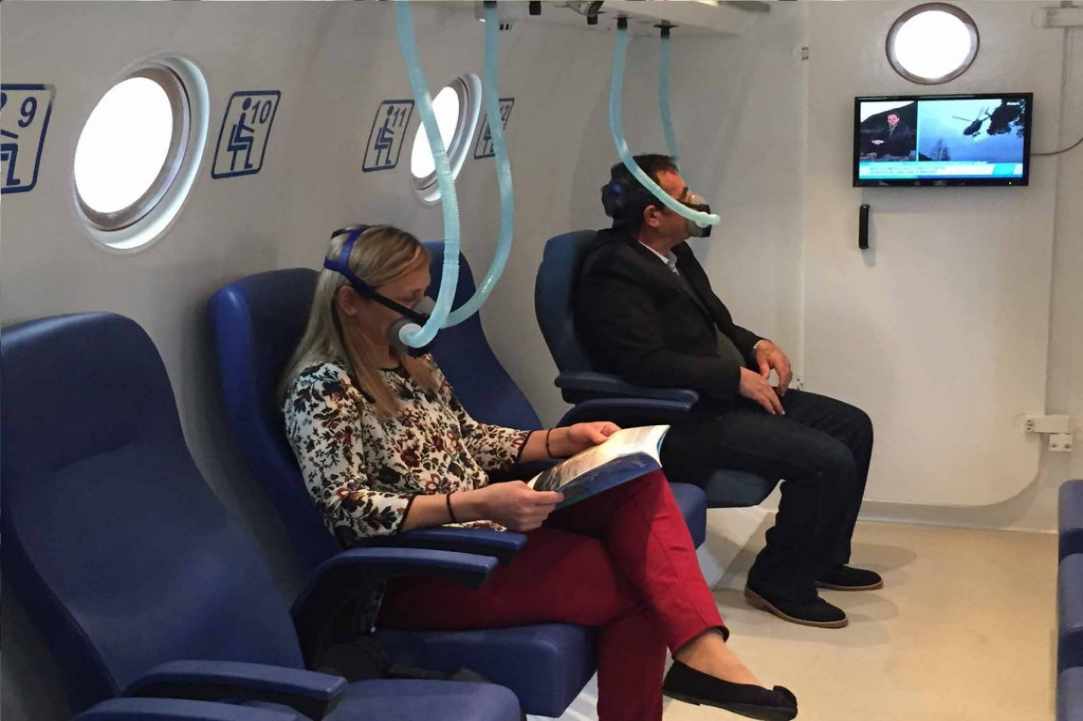
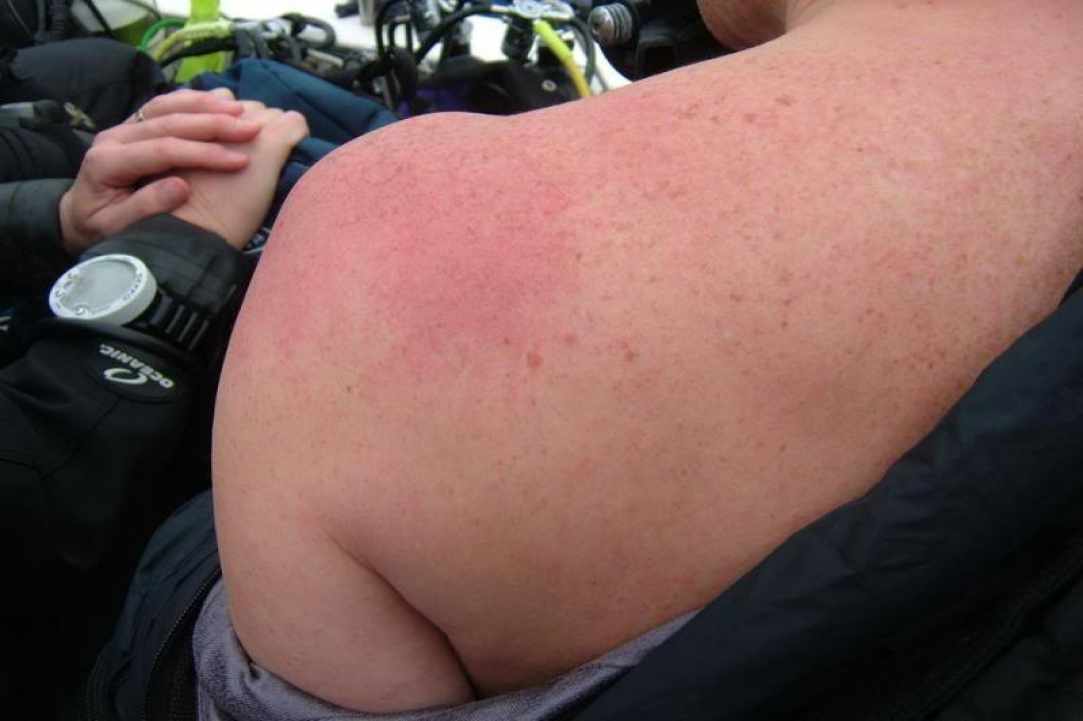
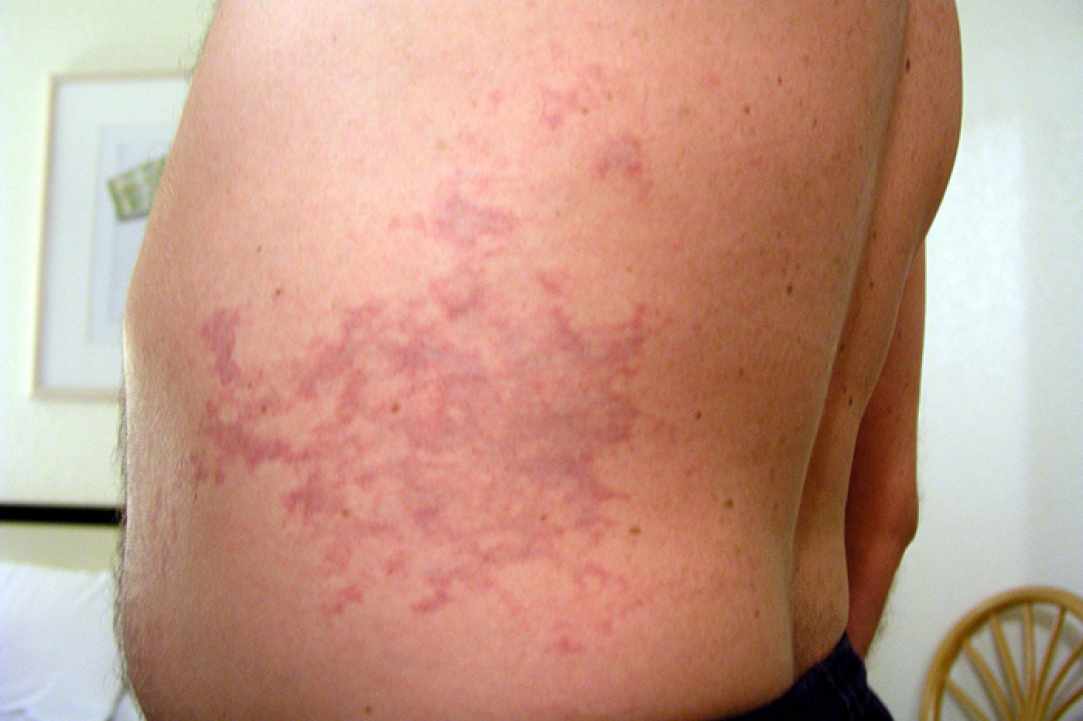
 Posted by
Evi Neocleous
Posted by
Evi Neocleous






